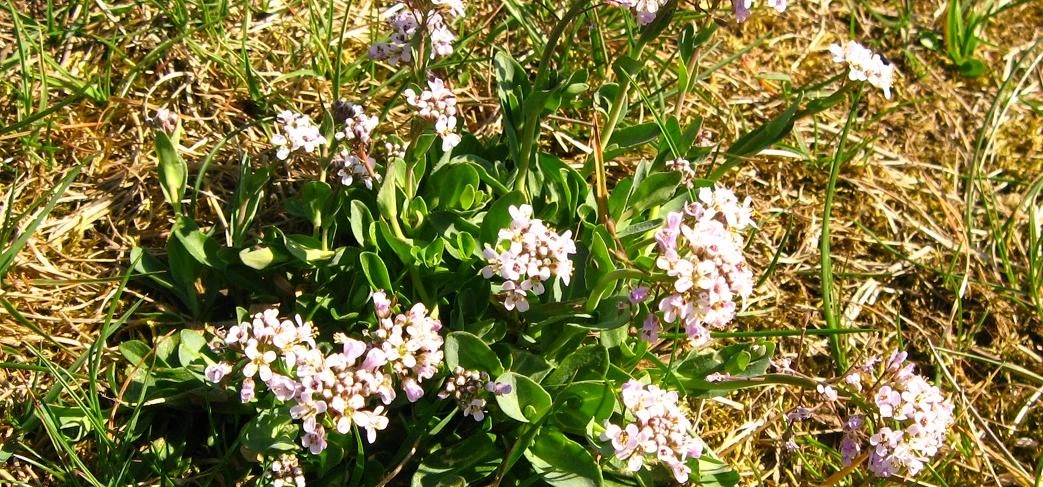
Partner Article
Balsam pulling at Beltingham
Thank you to ten staff from Siemens PLC’s Power Generation Services Division who swapped the indoors for the outdoors at the end of August and headed up to our Beltingham River Gravels reserve, south of Bardon Mill.
The group, which is usually based on the Cobalt Business Park in North Shields, spent the day in glorious sunshine removing Himalayan balsam from the site which is designated a Site of Specific Scientific Interest for the unusual plants it supports including thrift, alpine penny-cress, mountain pansy and dune helliborine.
Himalayan balsam is a problem because of its exploding seed pods with each plant producing around 800 seeds and the exploding pods spreading them up to 7m. When the balsam dies back in winter it leaves large areas of exposed soil with minimal root structure holding it together, which, on river banks such as our Beltingham reserves can lead to erosion.
This was posted in Bdaily's Members' News section by Sue Bishop .
Enjoy the read? Get Bdaily delivered.
Sign up to receive our daily bulletin, sent to your inbox, for free.








 Navigating the messy middle of business growth
Navigating the messy middle of business growth
 We must make it easier to hire young people
We must make it easier to hire young people
 Why community-based care is key to NHS' future
Why community-based care is key to NHS' future
 Culture, confidence and creativity in the North East
Culture, confidence and creativity in the North East
 Putting in the groundwork to boost skills
Putting in the groundwork to boost skills
 £100,000 milestone drives forward STEM work
£100,000 milestone drives forward STEM work
 Restoring confidence for the economic road ahead
Restoring confidence for the economic road ahead
 Ready to scale? Buy-and-build offers opportunity
Ready to scale? Buy-and-build offers opportunity
 When will our regional economy grow?
When will our regional economy grow?
 Creating a thriving North East construction sector
Creating a thriving North East construction sector
 Why investors are still backing the North East
Why investors are still backing the North East
 Time to stop risking Britain’s family businesses
Time to stop risking Britain’s family businesses